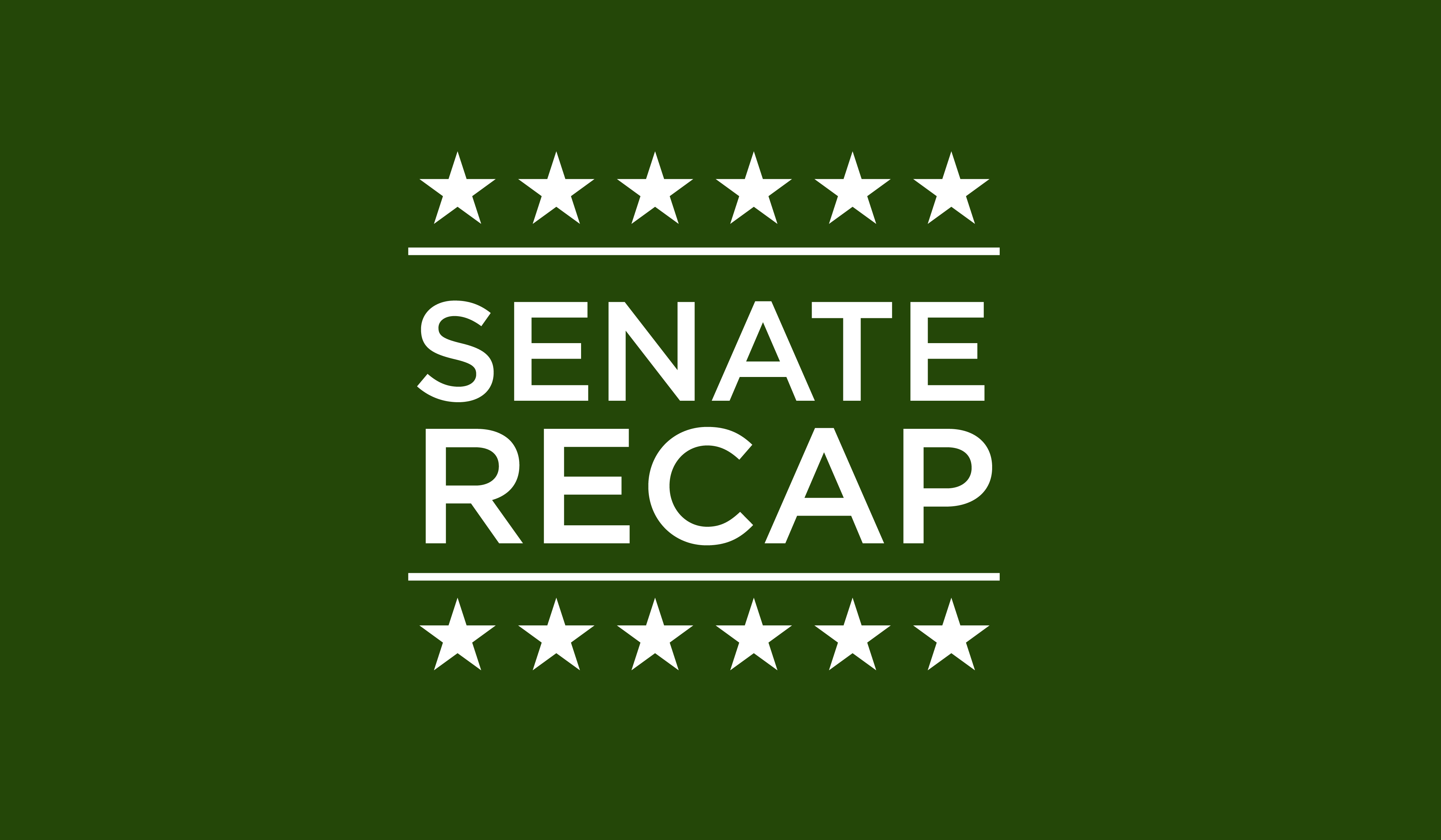Counseling Center Director René Monteagudo visited Wednesday’s Student Government Senate meeting to talk about the services the center offers and compare UM mental health statistics to those of universities around the country.
New services include an online screening tool on the counseling center’s website, where users can take an anonymous mental health screening. This is a quick way to determine whether someone should be in contact with a mental health professional. To access the brief screening, visit mentalhealthscreening.org.
Another project highlighted is the Question, Persuade, Refer (QPR) Gatekeeper Training that aims to teach others to recognize individuals who could potentially be a threat to themselves. The program will also teach users to recognize signs of suicidal thoughts within students and what steps the user can take to direct an individual for help.
The training can be done at the user’s ow n pace but is expected to be completed within one hour. After training, the user will receive a document certifying them as a trained QPR suicide prevention gatekeeper. Those interested can log on to http://www.qprtraining.com/setup.php and use the UM organizational code, “UM.”
“I encourage you all as student leaders to complete this so that you can recognize signs of distress among your peers,” Monteagudo said.
Monteagudo said that the UM Counseling Center is one of the few university centers in the US to record statistics on LGBT students, noting that about 15 percent of visiting patients identify as LGBT.
He also noted that the most common reason for patients’ visit to the center was anxiety, at 29.8 percent. Depression was a second leading cause at 20.5 percent. The next highest reason was relationship problems, at 9 percent.
Monteagudo compared statistics gathered from other counseling centers and those from UM, which show that UM is below the national average of patients who report suicidal thoughts. The national average from 2013-14 of those who felt suicidal was 31 percent, whereas at UM it is 27 percent. However, in terms of wanting to harm others, the percentage for UM was 16 percent, which was above the national average of 11 percent.
He noted that one problem that the center could improve on was trying to get a student to see a counselor as quick as they could.
“We understand that there is a waiting time for students to be seen by a counselor and for that I apologize,” Monteagudo added. “We are working on that so that it will not be a thorn in the student’s side.”
If any students or faculty members feel that they need to talk to someone, Monteagudo said they can take comfort in the new 24/7 crisis line, an initiative by the counseling center to expand access to resources.
“I am excited about this project. If you feel like you need to talk to someone for whatever reason, call the number and you will be referred to a professional counselor. You can call at any time and talk to someone for whatever reason,” Monteagudo said.
The Counseling Center and its after-hours crisis help line can be reached at 305-284-5511.
Notes
Senior Walk check-in is at 12:30 p.m. at the student gate in Sun Life Stadium.
A Student Government initiative to achieve a permanent solution for pedestrian safety will begin by having a neighborhood meeting with the residents around the university.
Correction: The first paragraph of this article did not appear in the original version.






